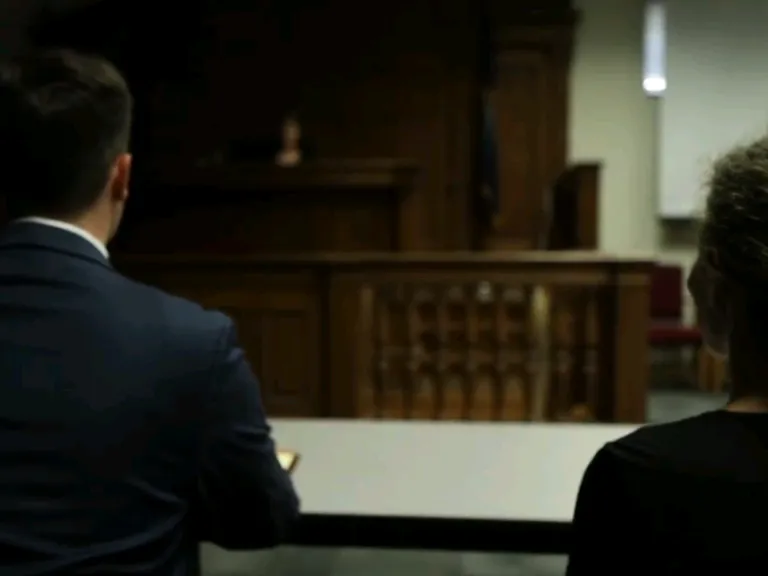Often times at Legal Aid of the Bluegrass, we find ourselves running into new frontiers of law and at the forefront of changing laws and interpretation of statutes. In January 2016, some of those new laws took shape in Kentucky as an expansion of our ability to provide protection to the victims of domestic violence. This change expanded the reach of our domestic violence laws to create what is called an “interpersonal protective order” - allowing victims of dating violence, sexual assault, and stalking to receive orders of protection as well.
Recently, we had a client reach out to Legal Aid of the Bluegrass seeking some assistance in obtaining a protective order against a police officer, with whom she had recently ended a relationship. After they had parted ways, our client became aware that he had surveilled and kept tabs on our client even after their relationship terminated. After an extensive hearing, our client, unfortunately, received no justice and her interpersonal protective order petition was dismissed.
Sometimes, a dismissal is the end of the story. However, in this particular case, our client and Legal Aid felt that justice had not been properly served and that the trial court had not explained its decision adequately. In such instances, a party can ask that the Court of Appeals take a second look at what happened and ask that a decision be overturned, or remanded. We petitioned the Court of Appeals to look at all that had transpired at the trial level in this case, and if they agreed that the trial court did not follow the letter-of-the-law as well as they should, then our client’s chances for justice might persevere.
They say good news comes to those who wait, and just in October of this year, we received a decision from the Court of Appeals that they agreed with us! The appeal sent the case back to the trial court with directions for a more specific decision. Because a lack of written findings by the trial court meant that the Court of Appeals couldn’t very well ascertain how the decision to dismiss our client’s petition had been made, it has been sent back with instructions for the judge to do just that. Put simply, even if an interpersonal protection order is going to be dismissed, it requires that the trial judge make some type of written finding explaining their decision - a simple denial of the petition that fails to explain how the judge reached that conclusion will not suffice.
What does this mean for our client? That the fight for justice lives on! Though there are still hurdles, this opens the door that our client might see her justice wrought. It will also help present and future participants going through the already-difficult scenarios that brought them to file for a protective order understand the court’s thought-process, and ensure that those judges who hear these kinds of cases will be able to explain to victims, and to their aggressors, just how and why they make the decisions they make. This helps our whole population know that the courts are behaving in a manner beholden to the people they are supposed to represent and protect. If we know how a judge thinks, then we can all feel more secure that the decisions they make are fair, just, and free from any biases or prejudices. Just another part of the fight for Justice for All that makes up our work.
A Reason to Appeal
Image

Dec 20, 2019
Need Legal Help
Legal aid protects the rights of people living at or near poverty with legal problems such as: housing, consumer, family and public benefits. We ensure access to justice for all people, including veterans, the elderly, those who are disabled and victims of domestic violence. You can call us at 859-431-8200 to apply for assistance Monday through Thursday 10:00 a.m. – 3:00 p.m. and Friday 10:00 a.m. – 1:00 p.m. Calls are answered in the order they are received. You may also apply online by clicking "Apply For Help" below.

Get Updates by Email
To get the latest news and upcoming events, please subscribe to our newsletter.